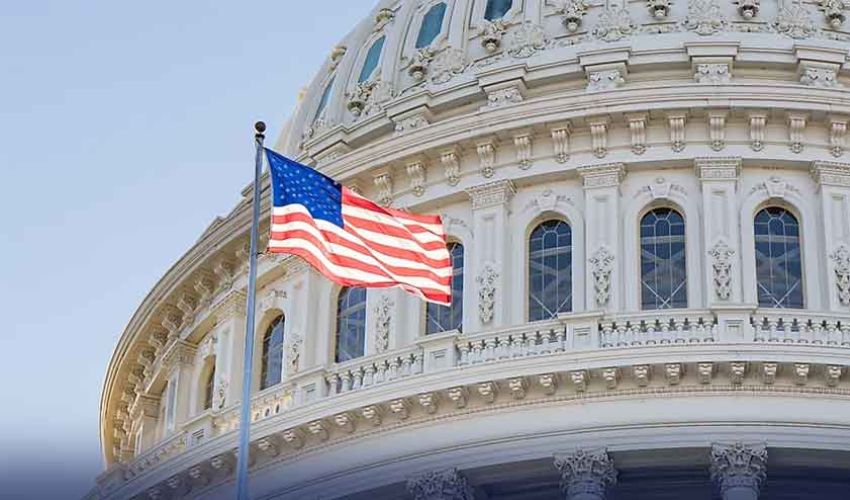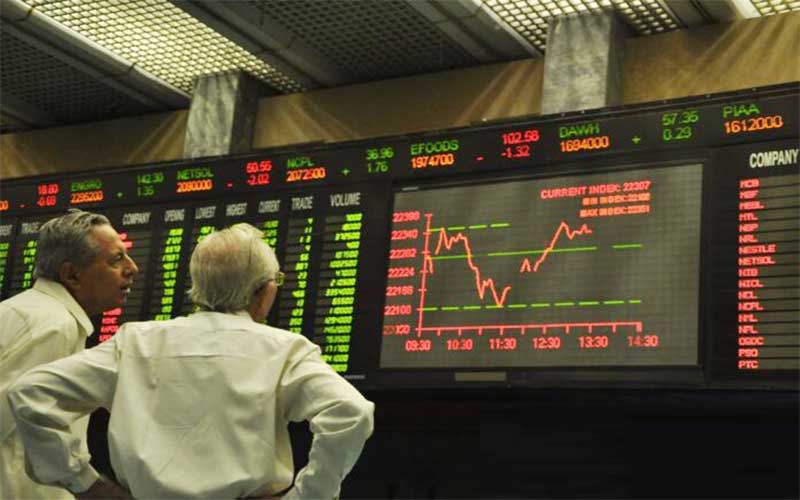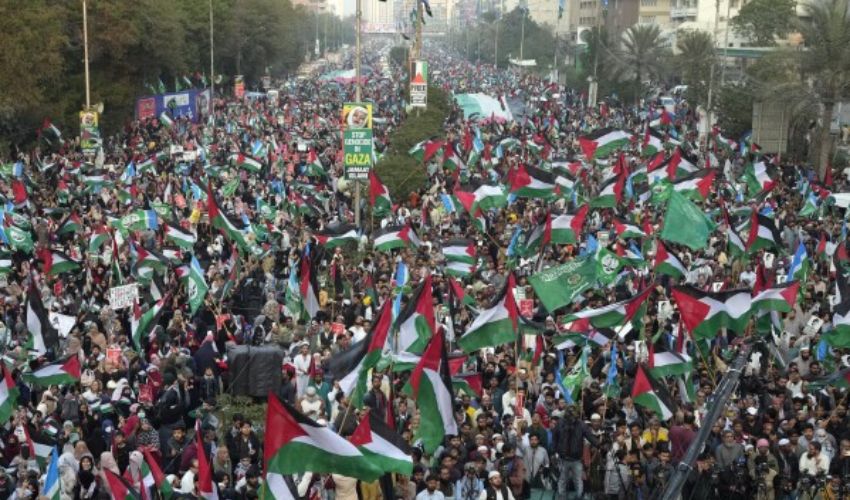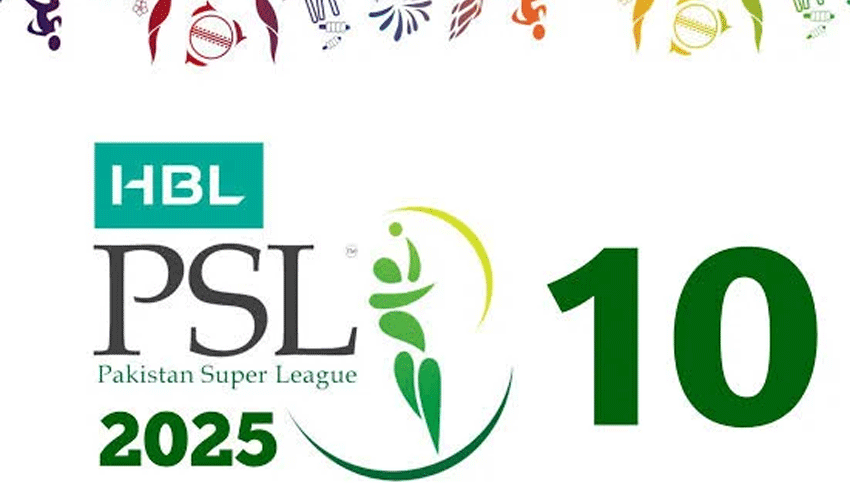The government has initiated efforts to address the imposition of a 29% tariff by the United States on Pakistani exports, with a commitment to involving the private sector in policy or decision-making.
Commerce Minister Jam Kamal Khan chaired a high-level meeting at the Ministry of Commerce on Monday, where stakeholders from key export sectors came together to devise a comprehensive response.
Over 50 representatives from the business community — including traders, exporters, and leaders from industries such as textiles, rice, food, leather, and surgical goods — participated in the meeting. The session focused on assessing the potential negative impact of the new tariffs and exploring strategic options to safeguard Pakistan’s trade interests.
Dialogue with the US administration
The government is planning to formally raise the issue with the administration of US President Donald Trump. Discussions will centre on reversing or minimizing the impact of the additional tariffs. According to officials, Pakistan’s position on the matter is more favourable compared to many other affected countries, providing some leverage in future negotiations.
Also Read: Trump justifies tariff blow as 'necessary medicine' amid market rout
“The government is committed to tackling this challenge effectively,” said Commerce Minister Jam Kamal Khan. “We will ensure that voices from both the public and private sectors are heard before any final decision is made.”
Inclusive decision-making process
A key takeaway from the meeting was the decision to include private sector stakeholders in the formulation of the official response. Officials agreed that any major policy or strategic decision should reflect the concerns and recommendations of exporters, importers, and business organizations.
To strengthen coordination, upcoming meetings of the prime minister’s working group and steering committee — already established for trade and economic issues — will also deliberate on the tariff situation. Prime Minister Shehbaz Sharif is expected to be briefed soon on the proposed counter-strategy.
Suggestions under review
The meeting reviewed multiple suggestions and recommendations, including enhancing trade diplomacy, exploring alternative markets, and leveraging international trade platforms to build pressure. It was agreed that further consultations would be held in the coming weeks to finalize a unified and effective national response.
Also Read: US delegation led by Trump administration official to visit Pakistan next week
Pakistan’s exporters fear that the additional US tariffs could hurt already fragile export volumes, especially in sectors like textiles and leather, which are key contributors to the national economy. Business leaders welcomed the government’s proactive approach and stressed the need for consistent dialogue between the public and private sectors.
Dar-Rubio telephonic conversation
Deputy Prime Minister and Foreign Minister Ishaq Dar held a telephone conversation with US Secretary of State Marco Rubio to discuss a range of bilateral and regional issues, including security, economic cooperation, and investment opportunities.
During the call, both leaders reaffirmed their commitment to strengthening Pakistan–US relations. Ishaq Dar reiterated Pakistan's dedication to deepening its partnership with the United States, particularly in areas such as trade, investment, and counter-terrorism.
In response, Secretary Rubio expressed the United States’ keen interest in boosting investment in Pakistan, especially in critical sectors such as minerals and trade. “Economic and trade cooperation will be the cornerstone of our bilateral relationship,” Rubio stated.
The two leaders also discussed regional security, with a focus on the situation in Afghanistan. They agreed on the importance of resolving outstanding issues related to US military equipment left in Afghanistan.
Dar highlighted Pakistan's ongoing efforts in the fight against terrorism. Secretary Rubio appreciated these contributions and expressed the US’s desire to further strengthen collaboration in counter-terrorism efforts.
Concluding the call, both officials agreed to work closely together to promote mutual interests and maintain regular communication moving forward.



























